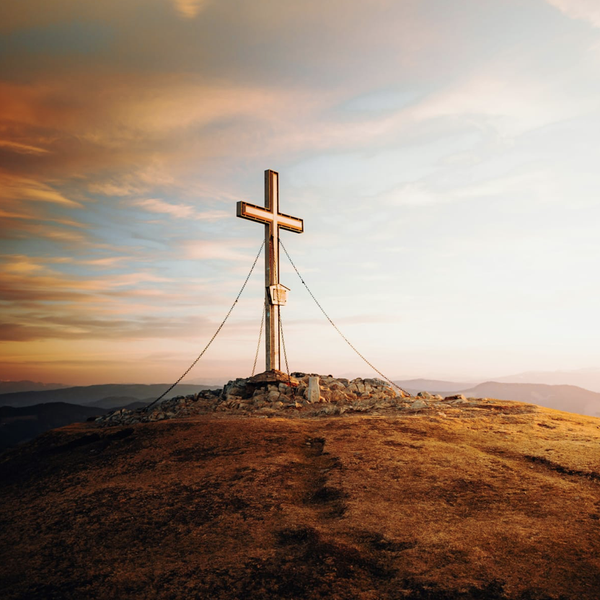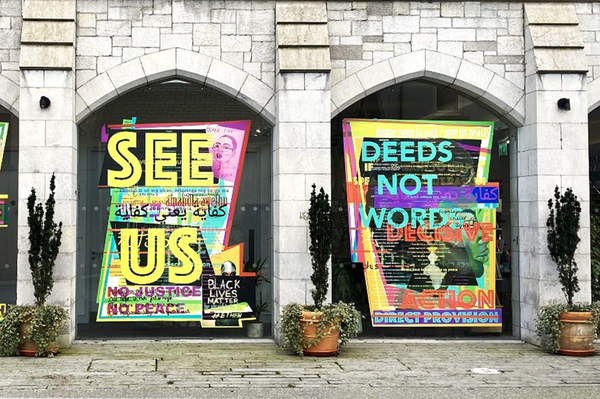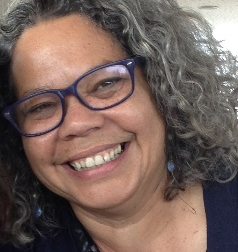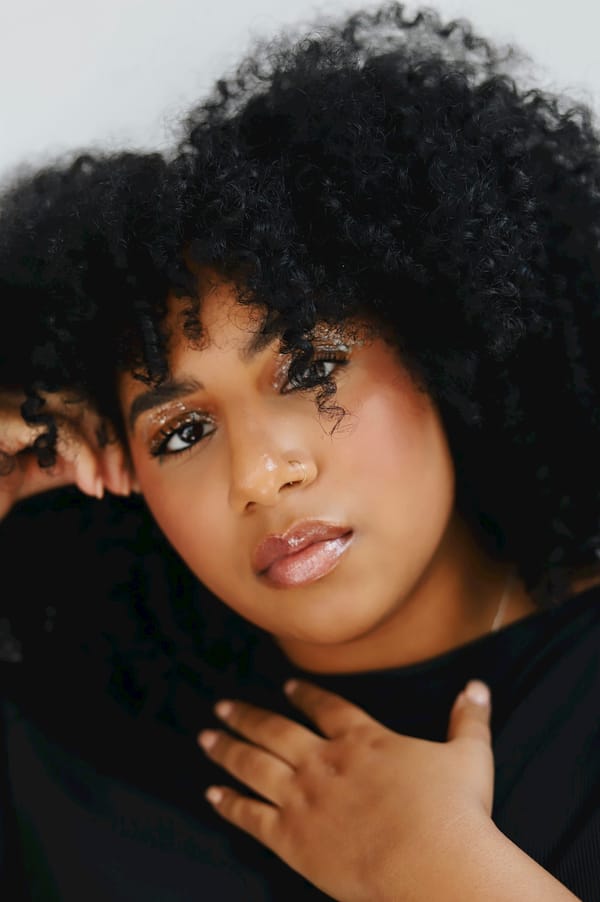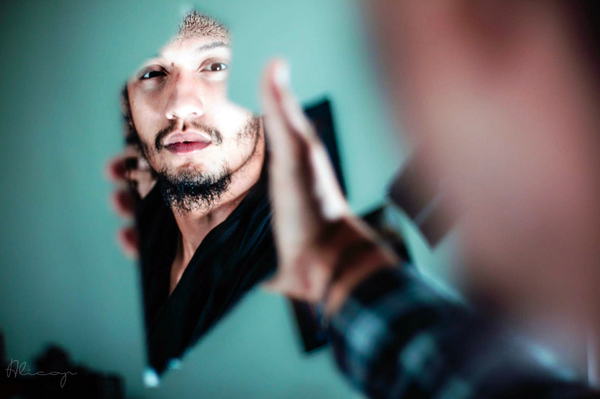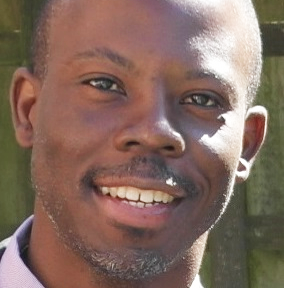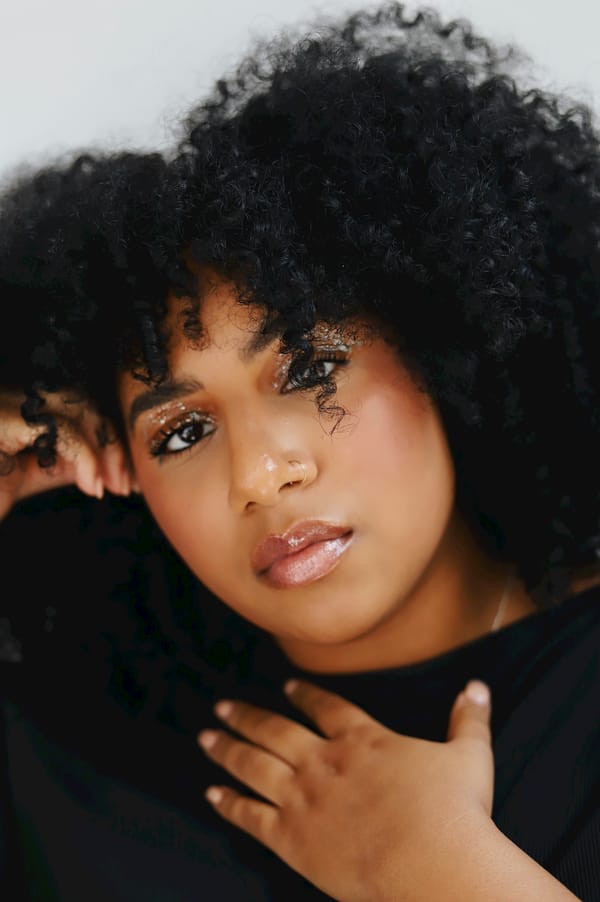There are a few people out there who take issue with OHF Weekly’s recent article, “Not Just a Racist Judge, But a Racist Judicial System” by Michael Greiner. I’d like to take a moment to address a couple of those issues.
It is impossible for anyone to say with a straight face and disagree with Greiner’s statement that “white people, especially those with access to resources, receive different justice from Black people.” How can that be possible? It’s a well-documented fact that Black people receive stiffer sentences than white people. See: the Central Park Five. Those boys were railroaded by a corrupt system sentenced to, and served time in prison, for a crime they did not commit. They were even exonerated of the convictions, yes—after they spent years in prison. Do you think that was a fluke?
Those boys shed tears on the stand, but—
- their Black tears fell on jury that already held prejudice against them based on the color of their skin, and
- the prosecution and investigators rigged the system against them
To deny that Black people receive a different brand of justice than white people is engaging in intellectual dishonesty and a feeble attempt at moral naiveté. Those who feel this way haven’t had a serious talk with their Black friend about any of this. So, I’m honored to take this opportunity to share the realities of living while Black in America.
Rittenhouse received pre-trial coaching, thanks to friends with very deep pockets. The type that is wholly inaccessible to the average white person, and certainly not available to the average Black person because of income inequality. You know that’s a thing, right? A very real thing.
Moving on to “jury of your peers.” I’m neither a historian nor a lawyer, but common sense would dictate that at the time that phrase was codified it referred specifically to land- and slave-owning white men, as they were the established ruling class and writers of what would become the law. In short, the implied meaning of “jury of your peers” is: people of similar economic means, belief system, and RACE.
Can you imagine a trial for a lynching in the 1800s, or even the 1900s, with a jury with Black people on it? “Horrors! No!” Why? Because Black people were not regarded as equal then, nor are we regarded as truly equal today. See: Reconstruction, Jim Crow, the Civil Rights movement, segregation, et al. And in instances where they were on the jury, white folks practiced all manner of juror intimidation against Black folks; not excluding setting fire to the homes of Black people or murdering them. See: Ocoee Massacre. (And all those folks tried to do was vote.) And as everyone knows, if you’re not registered to vote, you don’t get to serve on a jury. Clever the way that works, no Black voters, no Black jurors.
One thing of several things these folks fail to admit or recognize is the obvious favor shown the defendant by the judge. But it seems as if that’s all well and good in given their view of the America judicial system.
It’s not enough that the process works. Is it enough that a broken clock has the correct time twice a day? What about the other 1,438 minutes? The process takes place everyday, but the system is biased and favors white people with means. White people will always be given the benefit of the doubt. White people will always be welcomed. They will always be shown favor. This does not mean that they will not experience personal trauma or trials, but they will never, ever, in these United States, be persecuted because of the color of they skin. The system will always favor them and the white-adjacent (those who look like them) because it sees each of them, individually, as one of its own.
This country promises justice for all, but has yet to fully deliver on those promises to ALL its citizens. The current judicial works as designed: to provide justice and preferential treatment for straight white men. If it didn’t there would have been no need for the Thirteenth Amendment (which abolished slavery), or the Fifteenth Amendment (which granted Black men the right to vote), or the Nineteenth Amendment (which granted women the right to vote), or the numerous voting rights acts ensuring the rights of Black people access to the polls, or laws protecting the rights of LGBTQ people.
The need for the these Amendments is evidence enough that the system, while functional, is flawed by design, meaning the obvious biases are built-in. I'm sure there are many of you who are fine with the verdict, but find no joy in it. [side-eye inserted] Think of how there is no joy for the millions of Black, Indigenous, and People of Color who have been crushed by America’s wheels of “justice.” But if we flip the script . . . There is no flipping the script here because no matter how you “flip” it, the results will be the same: Black person on trial, more severe sentences; White person on trial, more lenient sentences.
For those of you who think no one is safe in a society that does not accept the rule of law in principle; Black people aren’t safe in a society that does not adjudicate fairly and without prejudice or malice.
I can hear you in the back thinking, “ . . . the core idea of an ordered society is a society whose citizens all accept the same conception of justice, and its institutions actually conform to that conception.” That sounds nice in theory, but you’re omitting one tiny core principle of this country: that all men are created equal and are to be treated equally under the law. If all people—Black, white, white-adjacent, and everything in between; straight, gay, able-bodied, disabled, men and women—were treated equally, you could jump to that ordered society stuff. But the harsh reality is that we ain’t there yet. I’m not saying that we should all ignore the judicial system. No. What I am saying here, as Michael Greiner so eloquently stated in his article, is that the American judicial system is woefully flawed and has always had one eye open and one finger on the scales.
So I ask, can you address/recognize the inequities, seek social change, and institutional reform, and not feel personally attacked when said inequities are pointed out? You may not have created the system for which Black people are the grist for your bread or brew; but collectively you do have the power to change the system. If you choose to.
Know that we who call for change are not disrespecting law, but seeking to help it deliver on its promises.
Photo by Isis França on Unsplash



